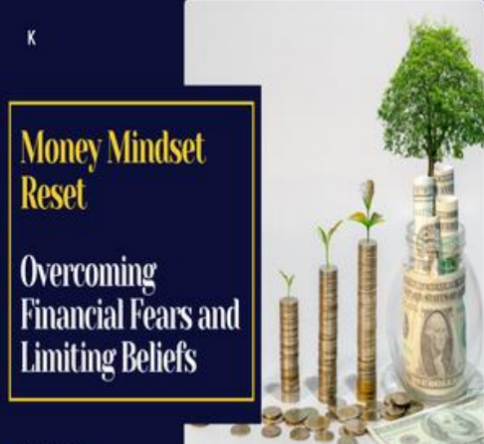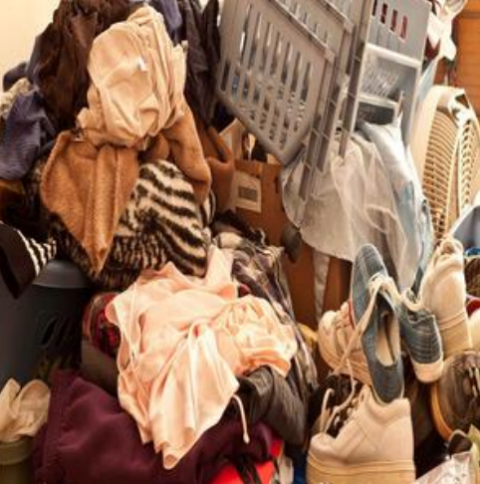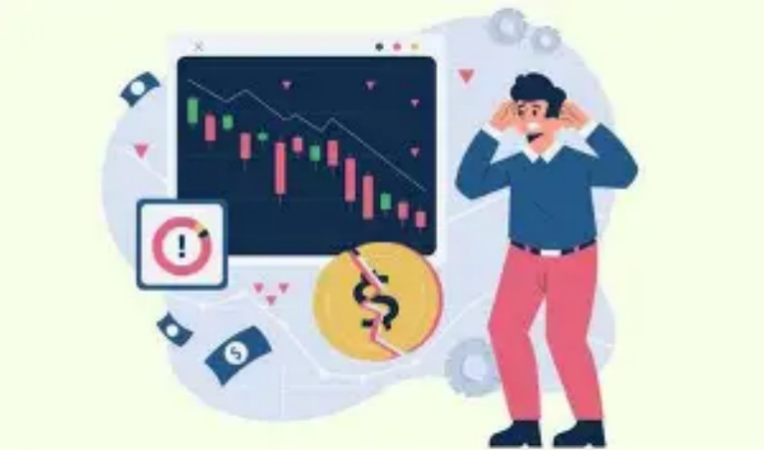Money serves not just as a way to trade goods, but also reveals our deepest worries and insecurities. For those who can spend a lot, their connection with money is more complicated, since being wealthy often confuses what we need and what we want. Each choice we make about money, whether it’s buying something lavish or saving carefully, secretly shows the fears that greatly influence how we live.

The Allure of Excess: Fear of Insignificance
Wealthy people frequently enjoy lavish items and extravagant experiences, which might appear to be simply a love for luxury. Yet, hidden underneath is a stronger fear of not being significant. By owning rare items or visiting upscale places, they feel they can demonstrate their status and validate their importance in a world that often links wealth to value.
This fear often shows itself as an endless chase for more. The ongoing desire to buy the newest luxury products, move into bigger homes, or drive the most renowned cars comes from a deeper concern that lacking these symbols of success might lead to being forgotten. It creates a cycle where material goods act as barriers against the deep-seated fear of being ignored or seen as unworthy.
The Hoarding Habit: Fear of Vulnerability
Conversely, some individuals who spend a lot can paradoxically show signs of hoarding. Even with sufficient wealth, they tend to cling to their money tightly, filled with anxiety about what may lie ahead. This behavior stems from a profound fear of being weak. They often envision dire situations in which their assets could disappear suddenly, leaving them feeling exposed and powerless. Concerns about economic decline, health emergencies, or legal challenges drive their desire to gather and safeguard their wealth, as they seek to create a strong barrier against life's unpredictability. This fear not only hinders their ability to enjoy the moment but also fosters an ongoing sense of discomfort.

Risk Aversion: Fear of Loss of Control
Many wealthy people choose to follow very safe financial plans, steering clear of investments that might offer big rewards but also come with significant risks. This careful attitude often arises not just from being financially cautious but from a fear of losing control.The thought of putting money into unstable markets or uncertain business opportunities causes worry, as it requires giving up some control over their financial future. The anxiety surrounding the possibility of making poor choices and seeing their hard-earned money disappear due to uncontrollable reasons keeps them trapped in a bubble of financial safety. Such fear not only hinders their financial progress but also limits their personal growth, as taking risks is usually necessary for both aspects.

The Philanthropic Dilemma: Fear of Guilt
Certain individuals with significant spending habits partake in charitable activities, but their mindset may be affected by unspoken fears. While their donations may appear selfless, underlying guilt can sometimes motivate them. They may worry that their wealth obliges them to help others, and not doing so could spark feelings of shame.
This guilt-driven giving can create a sense of duty rather than true happiness. Rather than sharing out of generosity and abundance, they often give to dispel the discomfort linked to their economic status, leading to a complicated emotional landscape regarding their charitable actions.Ultimately, our views on money are deeply connected to our fears. For those who spend heavily, understanding these concealed anxieties is crucial for developing a healthier connection with their finances. By confronting and addressing these worries, they can liberate themselves from these constraints, paving the way for greater financial independence and a more genuine, fulfilling existence.


